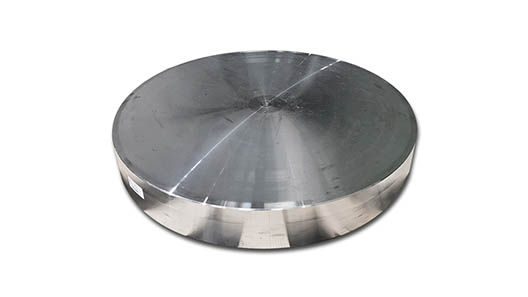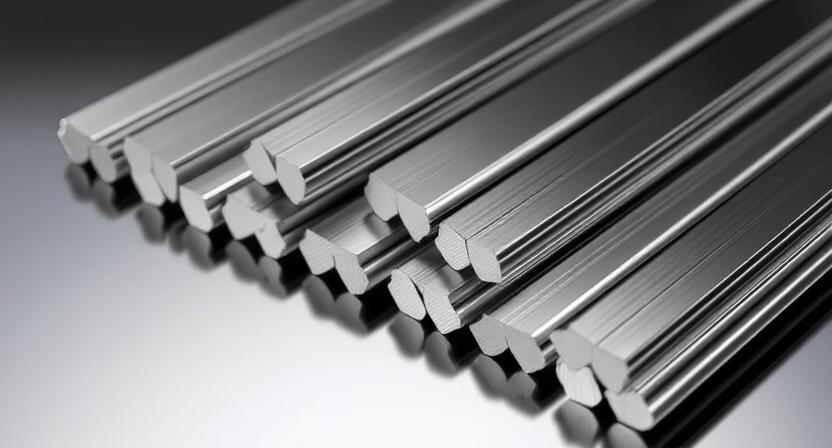Stainless Steel 321 Forged Valves
SS 321 forged valves are crucial components used in high-temperature and corrosive environments. Stainless steel valves are widely known for their superior strength, corrosion resistance, and durability. Among the different types of stainless steel used in valve manufacturing, SS 321 has gained significant popularity due to its unique properties. When crafted using a forging process, SS 321 forged valves achieve optimal strength and performance. Ferrobend, a leading manufacturer of industrial valves, specializes in the production of high-quality SS 321 forged valves designed for various applications, including petrochemical, power plants, oil and gas, and water treatment industries. This article delves into the importance of SS 321 forged valves, their benefits, the manufacturing process at Ferrobend, and how these valves can elevate the performance and reliability of industrial systems.

SS 321, or Stainless Steel 321, is austenitic stainless steel that is stabilized with titanium. It is well-known for its excellent resistance to corrosion, particularly in high-temperature environments. The addition of titanium in SS 321 ensures better performance in high-heat applications compared to other stainless steels, such as SS 304. The titanium content helps to prevent carbide precipitation at grain boundaries, which can weaken the material in the presence of elevated temperatures.
Forged valves are manufactured by applying pressure to a piece of metal to form the desired shape. The forging process aligns the material's grain structure, creating a stronger valve that can handle high pressure and temperature conditions. Forged valves are essential components in industries that require a robust and durable valve to control the flow of liquids, gases, and steam under demanding conditions.
Ferrobend is a well-established manufacturer known for producing high-quality industrial valves, with a specialization in SS 321 forged valves. The company prides itself on its state-of-the-art manufacturing processes, quality control systems, and commitment to delivering products that meet and exceed industry standards. Here’s an overview of Ferrobend’s approach to SS 321 forged valve manufacturing.
Ferrobend ensures that only the highest-grade SS 321 alloy is used in the forging process. The raw material is carefully selected to meet stringent specifications, ensuring the final product has the desired mechanical properties and corrosion resistance. SS 321 steel undergoes a thorough inspection before being used in the manufacturing process to ensure it meets the necessary standards for valve production.
The SS 321 forging process at Ferrobend is carried out using advanced machinery and technology. The company
employs hydraulic presses and other cutting-edge forging techniques to shape the metal into the required form.
The forging process enhances the material's strength, making it suitable for use in high-pressure and
high-temperature applications.
Ferrobend uses precise temperature control and pressure application during the forging process to ensure that
each valve achieves the optimal mechanical properties, including high tensile strength and excellent
resistance to thermal expansion.
Ferrobend performs in-house heat treatment to enhance the strength and durability of SS 321 forged valves. Heat treatment processes such as annealing, quenching, and tempering are employed to improve the material’s resistance to oxidation, corrosion, and wear. The heat treatment ensures that each valve performs reliably under the extreme conditions found in various industrial applications.
